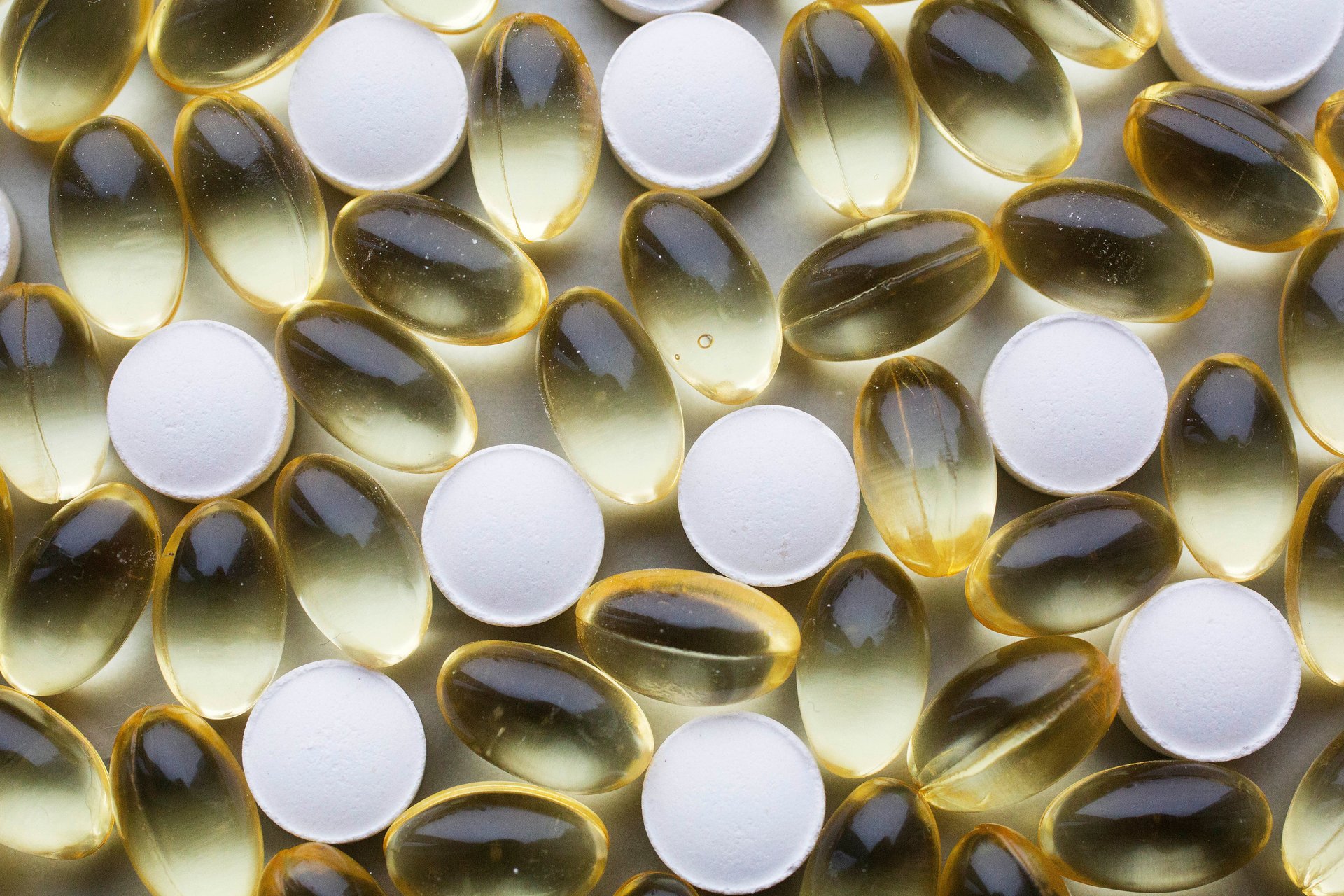Here’s what you need to know about “ingestible skincare” (aka vitamins)
The vitamin and supplement category—dominated by popular consumables like fish oil, protein, and probiotics, and peppered with niche products like royal jelly and evening primrose oil—is poised to be the $445 billion beauty industry’s next big thing.


The vitamin and supplement category—dominated by popular consumables like fish oil, protein, and probiotics, and peppered with niche products like royal jelly and evening primrose oil—is poised to be the $445 billion beauty industry’s next big thing.
What began as essentially a novelty at farmer’s markets has grown more than 40% over the past five years, and now accounts for $89.6 million in sales in the US, up from $63.6 million in 2012 according to market research firm Euromonitor International.
As beauty publication Glossy notes, mainstream luxury retailers like Nordstrom, Sephora, and Bluemercury are betting on the supplement trend—which is being marketed by some as “Ingestible skincare”—with Nordstrom cashing in on its own Well Beauty shop back in January and Sephora boasting its own “clean beauty” wall in stores.
But even the giants are facing competition in the supplement market: Vitamin startups like Ritual—”the multivitamin reinvented“— bespoke vitamin providers like Care/of, and supplement subscription services (see Goop’s $75.00/month ‘Why am I so Effing Tired‘), are showing rapid growth (paywall).
Vitamins: What to watch for
Before you jump on the ingestible beauty/beauty supplement/vitamin wagon, take note. These products—and the claims touted on their packaging—should be taken with a healthy dose of skepticism, and by skepticism, we mean you should actually sit down and do your research.
Even the medical community has differing opinions on vitamins and supplements, especially when it comes to skin health. In fact, one prominent San Francisco OB/GYN told me that “vitamins and supplements will not help your skin unless you have scurvy or iron deficiency anemia,” but notes that both can cause skin symptoms.
Dr. Rajani Katta, a dermatologist and author of Glow: The Dermatologist’s Guide to a Whole Foods Younger Skin Diet, recommends testing for deficiencies and then supplementing with specific vitamins as needed.
She points to vitamin A and biotin—the active ingredients in popular Kardashian-advertised Sugar Bear Hair vitamins—as cautionary examples. Katta notes that while vitamin A deficiencies can cause hair loss, an excess of it can too. Moreover, while studies have shown that biotin may improve weak nails, its use may interfere with certain lab tests, including those for heart attacks and thyroid function.
What’s more, vitamins and supplements are not regulated in the way that drugs are, which means that manufacturers do not have to prove their safety OR effectiveness to the FDA before they start selling it. This means there are rarely standardized research studies to prove that products are actually delivered in high enough concentrations to work, which leads to couched claims and self-reported clinical trials that have no bearing on effectiveness.
“Bottom line: be very cautious, because much of what you read on a bottle may just be marketing…unless you have research studies that back up those claims, you need to consider them marketing,” Katta says.
Here’s what to look out for when choosing supplements and vitamins (and most topical products, for that matter):
Self-reported clinical trials – For instance, “Everyone is saying ‘It works!'” does not mean it works.
A “patented” or “patent pending” label — While this may sound important, it says nothing about the effectiveness of a product.
Using “FDA approved guidelines” to ensure quality and safety does not mean that it has been verified by the FDA or an independent verifcation agency.
Choose brands labeled with the NSF International, US Pharmacopeia, Underwriters Laboratory, or Consumer Lab seal. They have been independently verified for quality testing.
In general, doctors would recommend high-dose vitamins only when needed to correct a specific deficiency, which means getting your individual blood work done to test for one.